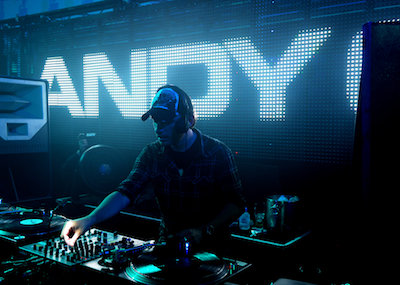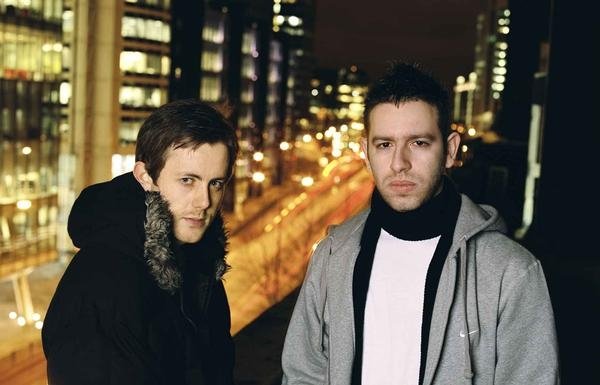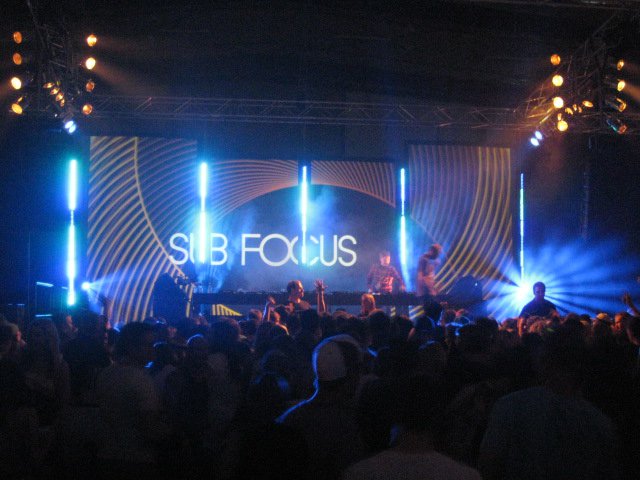By: Kate Webster
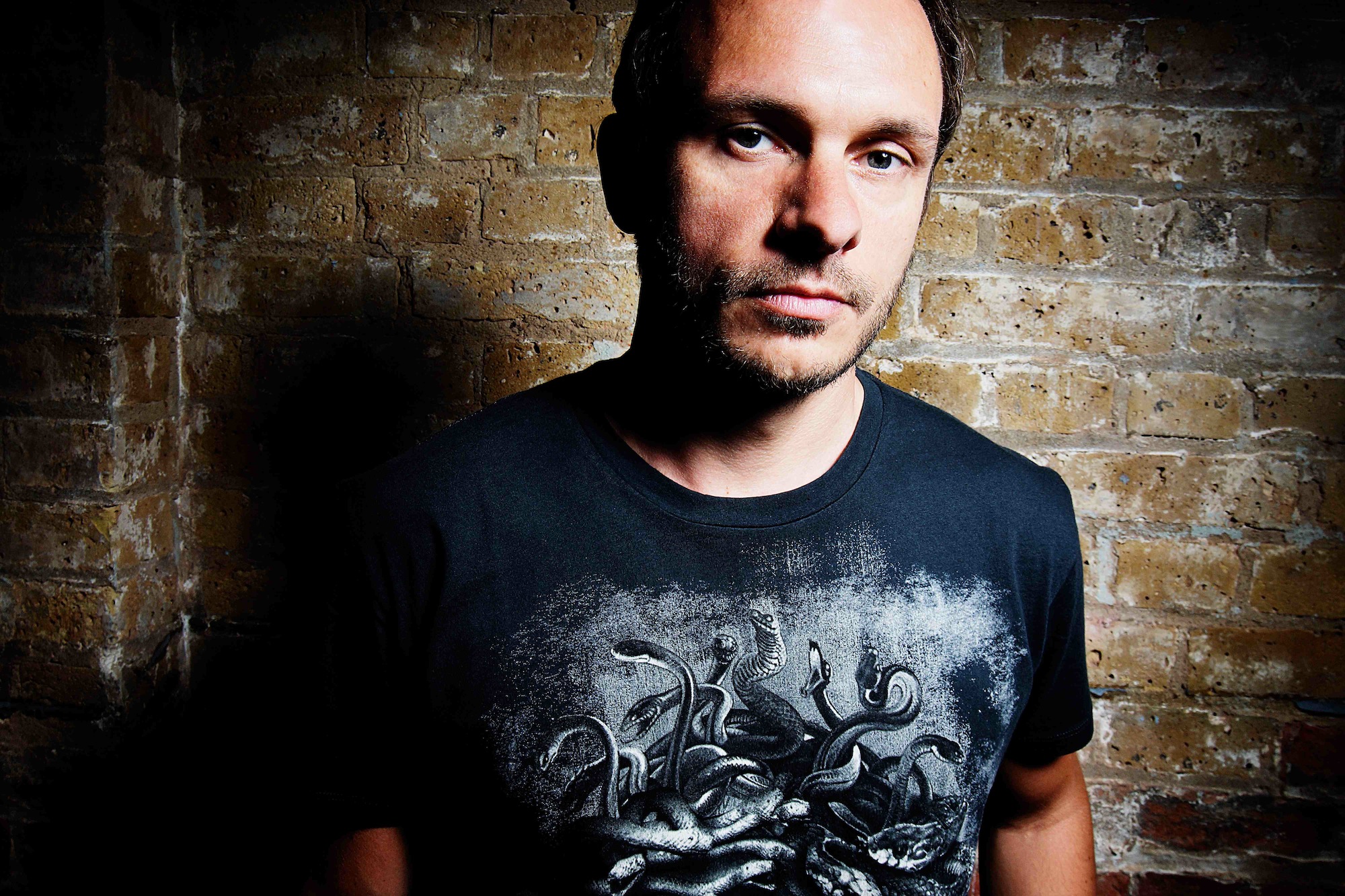 If you know anything about drum and bass, chances are you’ve heard the name Andy C. Also known as “The Executioner,” Andy C has been shredding turntables for more than two decades, and has played a huge role in growing the D&B community into what it is today.
If you know anything about drum and bass, chances are you’ve heard the name Andy C. Also known as “The Executioner,” Andy C has been shredding turntables for more than two decades, and has played a huge role in growing the D&B community into what it is today.
His wildly successful record label RAM Records is responsible for shaping the careers of some of the most successful artists in the scene.
After reaching a certain level of fame we feared he might have turned into an elitist snob like many of the “Royal Family of EDM,” but after sitting down with him at EDC Las Vegas we found that he’s exactly the down-to-earth, genuine guy we’d hoped he'd be.
Somehow, even after basically hosting his own massive stage on Sunday night at EDC, he still was humble and surprisingly approachable, signature black baseball hat and all. Away from the neon crowd, in the dimly lit media center on the Vegas speedway, we asked Andy C to give us the rundown on his music, his label, and his dedication to the drum and bass scene.
First off, how has your current tour been? You’ve played Chicago, San Francisco, and Vancouver, and now Vegas…
It started out last Saturday at Spring Awakening in Chicago, which was a daytime event--but a huge crowd! It was in Soldier Field, where The Bears play. The show was really good, and then we did an after party, which was more like a real drum and bass smash down. I went straight to San Francisco on Sunday, took a couple of days off, then to Vancouver and Victoria, and then here. It’s been hectic but I’ve had a couple days of downtime, which is good. The shows have been great, but from here on in I’ve got another week and it’s Tuesday through Sunday back-to-back every day. But you get into the vibe of the travel and just kind of roll with it.
I have to ask, what do you love about EDC? It’s like a different world out here.
What’s not to love about it, really? Just looking at everything and taking it all in. It’s a world in itself. I mean we have festivals in the UK, but nothing quite on this scale. I mean Glastonbury obviously is incredible, but a lot different. The production is like nothing I’ve ever seen. Every year I think Pasquale [Rotella] just keeps adding more and is like, “Can we do this? Why not!” Whatever they want to do they just seem to just get it done. I mean the Bass Pod, where we’ve got the RAM stage on tonight, the size of that stage in itself is incredible right? The pyramid structure is fantastic. I played on the main stage today, which was a first. The sound was massive but it was so hot they had to bring out a tent on stage and an air conditioner to the decks to stop the vinyl from melting. So that was interesting!
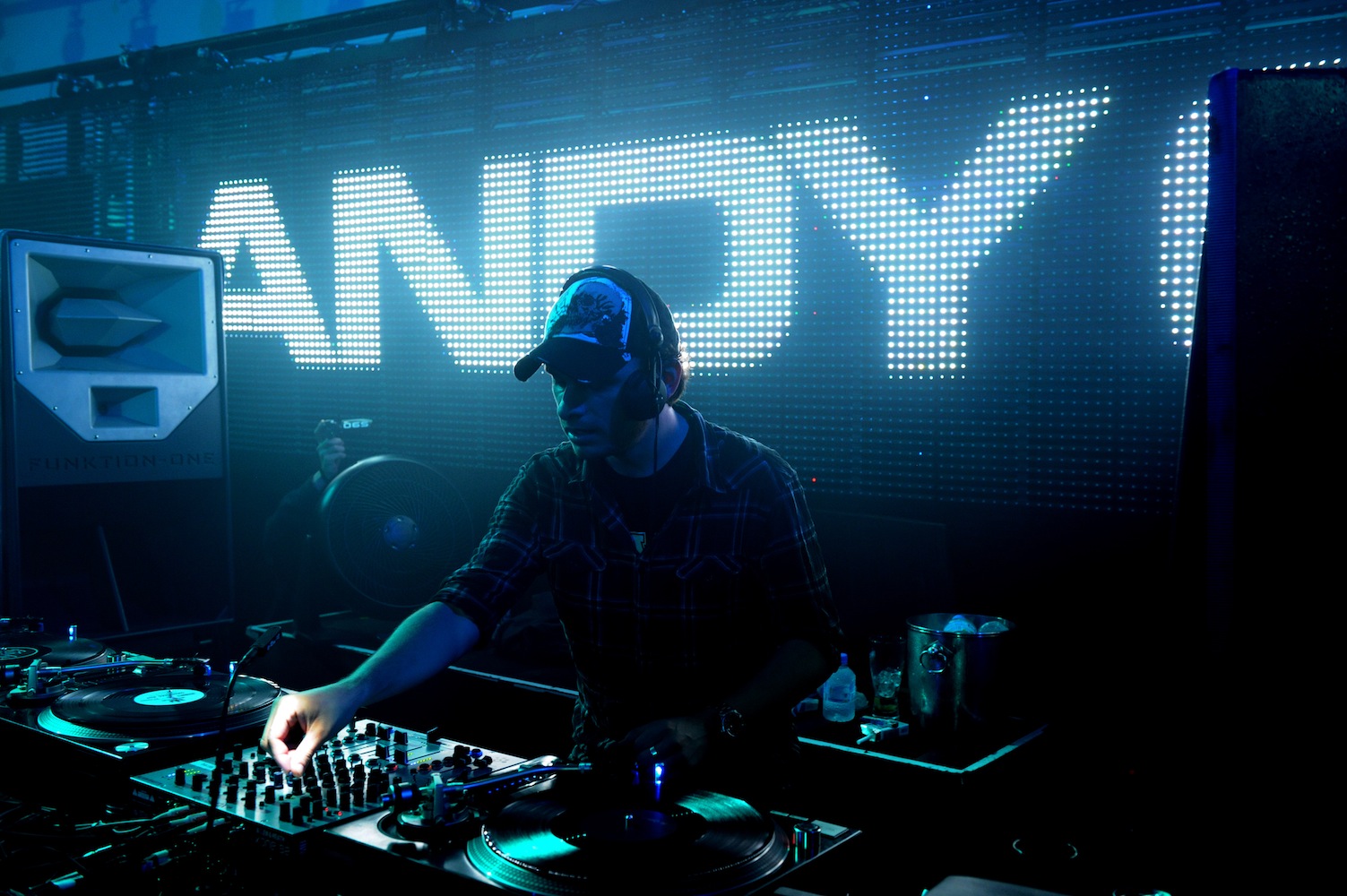 So let’s get to it… Andy C, The Executioner, voted Best Drum and Bass DJ in the world numerous times, “one of the greatest DJs ever to touch a turn table”--it’s quite the title to live up to! Tell us a bit about your first taste of drum and bass- where did it all start?
So let’s get to it… Andy C, The Executioner, voted Best Drum and Bass DJ in the world numerous times, “one of the greatest DJs ever to touch a turn table”--it’s quite the title to live up to! Tell us a bit about your first taste of drum and bass- where did it all start?
Well it wasn’t drum and bass when I started out; it was more like hardcore in the rave when I was just kind of finding my feet. Drum and bass evolved a few years down the line. For me it was a natural thing– it was just the music that I gravitated towards as it started to speed up. Everything gradually got faster and faster through the tempos. It’s just a beautiful energy and it’s a beautiful vibe, you know. If you understand drum and bass, you really do “get it,” and people just let themselves go. They really feel it. It’s unique because it stands apart from all the other genres tempo-wise. While other genres come along and sooner or later they get 4/4 kick drums added in and it all starts sounding the same. Drum and bass can never do that; it always is what it is. And it’s lived now for twenty odd years, so it’s set in stone.
Building RAM Records has been a huge achievement in your career. Could you talk a little bit about the label’s progression through the 90s as Drum and Bass emerged from Jungle, and then in the 2000s as it started to be recognized on a much larger scale.
Well, for the first record we ever put out, my sister drew the logo and printed it on the records. I went on holiday and came back to a thousand records in the back of the car. I put stickers on the sleeves myself, as well as all the promos we used to stamp. It’s gone from that– learning how to do a simple thing like manufacture a record– to putting out albums, doing our first CD compilation, then signing artists to contracts. Really it was basically an outlet for myself and Ant Miles to get out the music we were making. It’s all a learning process, and we’re still learning now. It’s incredible to think of where we’ve got to now with multiple offices, a huge staff, loads of acts and contracts.
Around the turn of the early 2000s, we made the conscious choice to sign acts onto album deals and try to grow artists instead of just putting out drum and bass 12” records on vinyl. Knowing the amount of effort and talent that goes into making a drum and bass record- the producers are incredibly gifted and we wanted them to express themselves in full albums because of that. So we actively started signing people on album deals- such as Sub Focus and Chase & Status. To see them grow and rise to where they are has been a pretty incredible thing.
RAM Records played a significant role in making drum and bass what it is today, because when you started out the genre was still developing. Could you tell us a bit about the growth of the scene and how it has survived through the years?
It’s a funny thing because throughout its history, people seemed to be like, “Oh, is drum and bass still going? Isn’t that a thing from the 90s?” It’s because it’s always been such a self-contained thing. We had our own promoters, we put on our own parties with our own DJs, we had our own magazine, Knowledge, and we kind of labeled the scene ourselves. So the outside world wasn’t really paying too much attention to it. They’re always like “Are you guys still working?” when we’re playing huge gigs every week. And what that did was it enabled us to grow a really solid core fan base for the scene, you know. People kind of reveled in the fact that it wasn’t popular and over-ground, it was a really cool thing to be apart of, and that kept us going through the 90s. Now you have acts that break out with big tunes, and it brings it the music over-ground. And now that we’ve got the core scene, we can all enjoy the ride together. The scene doesn’t exist on hits, it doesn’t need to have the hits to keep going- it’s got the foundation at its core.
 So would you personally prefer to play a smaller, more intimate, knowledgeable crowd? Or do you like playing blockbuster parties like this one?
So would you personally prefer to play a smaller, more intimate, knowledgeable crowd? Or do you like playing blockbuster parties like this one?
I’m very, very lucky in that I get to play both. Like I said, in Chicago I played a festival overlooking Soldier Field with thousands of people in the daytime, and then in the nighttime at a small, intimate club packed solid, and I played pure, industrial strength drum and bass and some old school tunes in there as well. To be honest, you can’t beat the feeling of having a huge crowd and them responding to the tunes, but at the same time I do love the small parties where you’ve got your crew there and you can play a tune for the heads.
The connection is very difficult sometimes. It’s something that you need to get adjusted to- that distance between yourself and the crowd. You’re used to just DJing personally, where there is an obvious connection because you’re standing close together. When you’ve got these stages where you’re 3 stories high with million-dollar production and lights and all that, you have to be like, “Hey guys! I’m in here somewhere!” when they’re 100 feet at the back. You have to learn to adjust yourself to that distance.
Few DJs reach the level of success that you have. Besides your obvious talent and ear for mixing music, what do you think you did differently?
I have no idea… you know what I do? I enjoy myself. At the end of the day, I love my music. I love DJing, it’s what I always wanted to do, so I go up there and I just enjoy myself, and maybe that resonates with people. When I see DJs and they’re not invested and they’re just standing there not enjoying themselves, I don’t understand it. The most beautiful natural high in the world is having that response from the crowd, playing records, and making people dance.
RAM has taken many talented artists and helped them to the forefront of Drum and Bass. Describe the type of potential you heard from artists like Chase & Status, Calyx & TeeBee, Wilkinson, and Sub Focus.
Chase & Status already had tunes out in the scene, so we just noticed their obvious talent. I mean, every tune was different but had natural flavor to them. They wanted to do albums and people weren’t really doing albums at the time, so we sat down with them at a meeting. Everything they said they wanted to do at that meeting, they’ve achieved since then. Sub Focus just had one anthem tune after another. His friend gave me his demo and it had his phone number on it but the last digit was missing! I thought it was amazing, so I rang the number like six different times adding on digits until I got the right one. We put the tunes out just like that, as they were. He’s got a great economy of music; he knows exactly what to put in and what to leave out as well. Calyx & TeeBee, Wilkinson--these guys are just hungry--you know? Because, as a label, it’s not just about making one good tune, that’s just boring. You’ve got to be hungry as well. Wilko is in the studio morning, noon, and night. He doesn’t stop. One of his tunes this week, he’s had literally 76 versions and keeps sending me every single one. The attention to detail of all the acts we’ve got is great.
So what’s next for RAM records?
Well we’ve got Program running, which is really like core DnB for the heads. Coming up on RAM we’ve got Wilkinson’s version 2 of his album coming out in the later part of the year. I’ve also got a tune coming out, which I’m looking forward to. I’ve been back in the studio working hard, so that’s going to come out at the end of the year. We have a DC Breaks LP, Calyx & TeeBee are working on a new album, and Delta Heavy are working on their album. So it’s pretty full on.
Any other things you’d like to mention or shouts you’d like to give?
Obviously have to shout out all the EDC family, it’s a pleasure to be over here and bring the RAM stage again. The guys are from back-in-the-day, and we’ve known them for years and years. I think that these guys particularly have been of huge importance to drum and bass, and they do set a precedent for the scene over here.


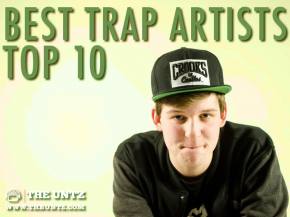
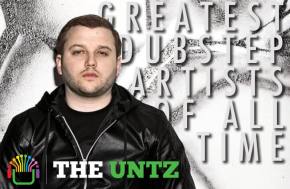
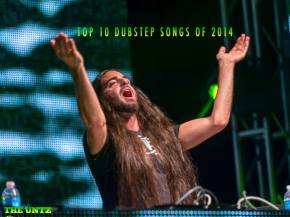

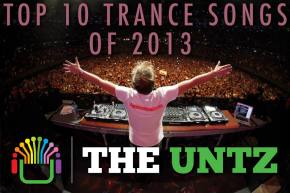
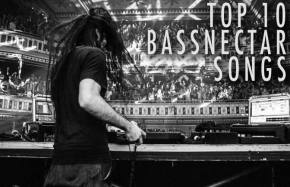


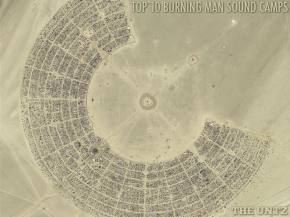
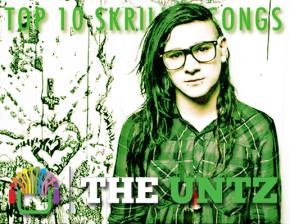
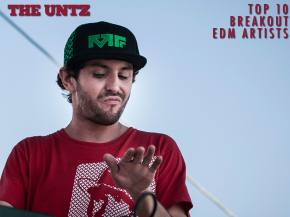
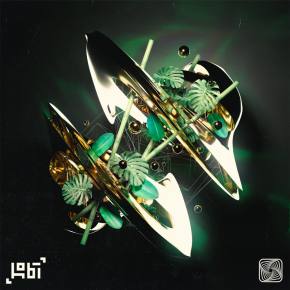
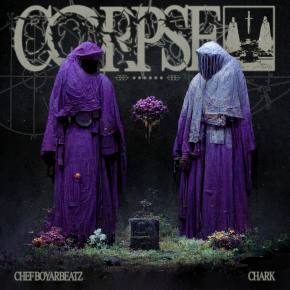
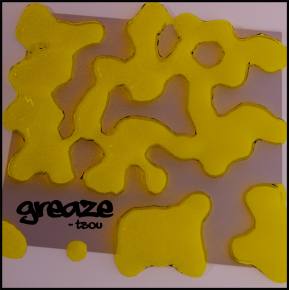
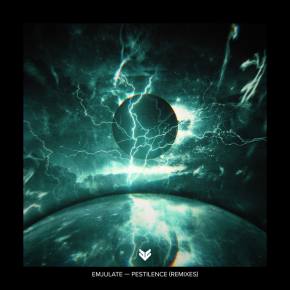
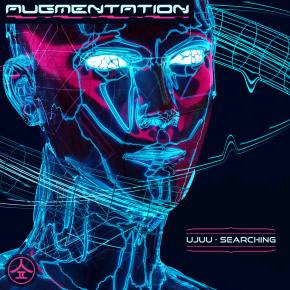
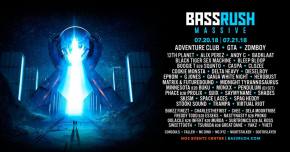
![Top 10 Drum and Bass Songs - 2014 [Page 2] Preview](https://www.theuntz.com/media/news/4/7/2/4729/top-10-drum-and-bass-songs-2014-page-2.jpg)
![[PHOTOS] Gargantuan Global Dance Festival slideshow (Morrison, CO - July 18-20, 2014) Preview](https://www.theuntz.com/media/news/4/2/3/4230/photos-gargantuan-global-dance-festival-slideshow-morrison-co-july-18-20-2014.jpg)
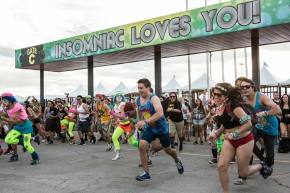
![[INTERVIEW] DnB legend Andy C breaks it down at EDC Las Vegas Preview](https://www.theuntz.com/media/news/4/1/6/4161/interview-dnb-legend-andy-c-breaks-it-down-at-edc-las-vegas.jpg)
